- Your cart is empty
- Continue Shopping

Product
Resof is a medication containing the active substance sofosbuvir. It is formulated as tablets and primarily used in the treatment of chronic hepatitis C virus (HCV) infection. Here’s a comprehensive description:
1. Active Substance: Sofosbuvir
- Sofosbuvir is the primary active ingredient in Resof. It belongs to a class of medications known as direct-acting antivirals (DAAs). Sofosbuvir works by inhibiting the action of the enzyme RNA polymerase, which is essential for the replication of the hepatitis C virus. By blocking viral replication, sofosbuvir helps to reduce the viral load in the body and ultimately clears the infection.
2. Medical Indications:
- Resof, with sofosbuvir as the active ingredient, is indicated for the treatment of chronic hepatitis C infection caused by various genotypes of the hepatitis C virus. It may be used alone or in combination with other antiviral medications, depending on the specific genotype of the virus and the patient’s medical history.
3. Dosage and Administration:
- Resof tablets are typically taken orally once daily with or without food. The recommended dosage and duration of treatment depend on several factors, including the genotype of the hepatitis C virus, the severity of liver disease, and whether the patient has been previously treated for hepatitis C.
4. Manufacturer:
- Resof is manufactured by various pharmaceutical companies and may be marketed under different brand names depending on the country. It is available worldwide and has been approved by regulatory authorities for the treatment of chronic hepatitis C infection.
5. Side Effects:
- Common side effects of Resof may include headache, fatigue, nausea, insomnia, and diarrhea. Some patients may also experience flu-like symptoms, such as fever, chills, and muscle aches. Serious side effects are rare but may include allergic reactions, liver problems, and worsening of pre-existing liver disease.
6. Precautions:
- Resof should be used with caution in patients with certain medical conditions, such as severe kidney disease or liver disease. It is essential to inform the healthcare provider about any pre-existing medical conditions or medications being taken to avoid potential interactions or complications.
- Pregnant women and women of childbearing age should use effective contraception during treatment with Resof, as it may cause harm to a developing fetus.
7. Drug Interactions:
- Resof may interact with other medications, including certain antiretroviral drugs, anticonvulsants, and immunosuppressants. It is important to inform the healthcare provider about all medications, supplements, and herbal remedies being taken.
8. Follow-up Monitoring:
- Patients receiving treatment with Resof should undergo regular medical check-ups and monitoring to assess treatment response, manage side effects, and evaluate liver function. Blood tests may be performed periodically to monitor viral load and liver enzyme levels.
Resof, containing sofosbuvir, represents a significant advancement in the treatment of chronic hepatitis C infection. The decision to use Resof, its dosage, and duration of treatment are determined by the healthcare provider based on the specific characteristics of the virus and the patient’s medical history. As with any medication, it is essential for patients to adhere to the prescribed dosage and follow the guidance of their healthcare provider for optimal treatment outcomes.

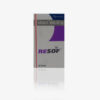
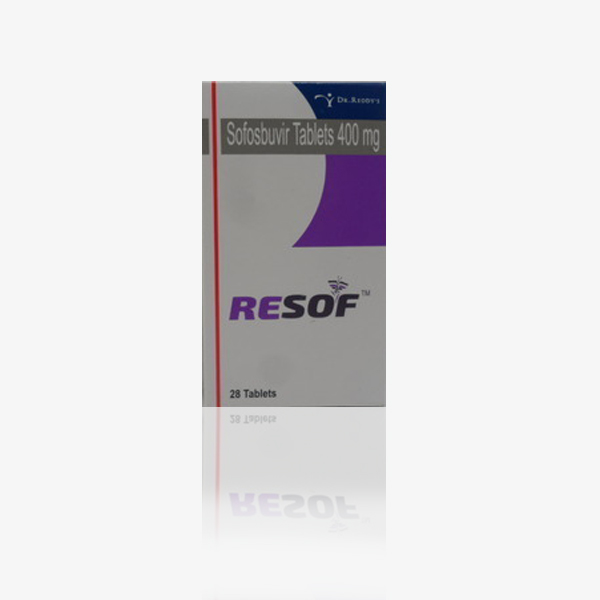
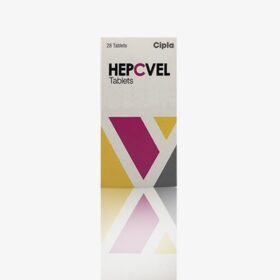
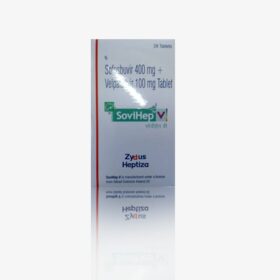
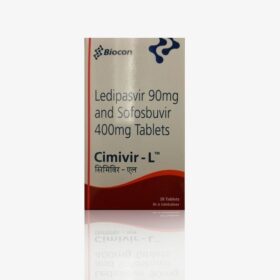
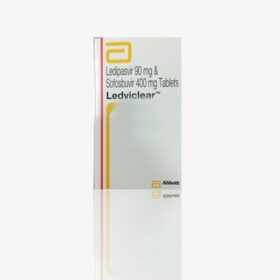
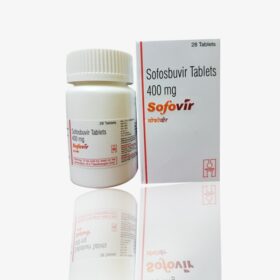
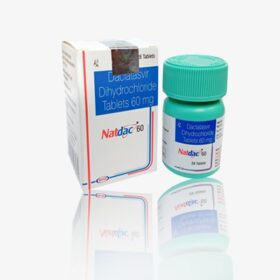
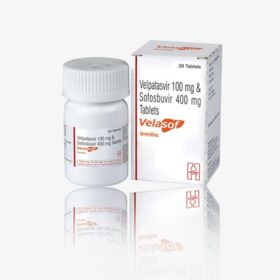
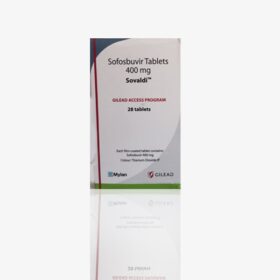



Reviews
There are no reviews yet.